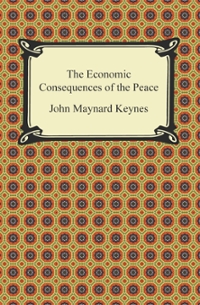Question
Reading two articles and answer two questions as succinct and clear. Thank you. [1] Kung, James and Titi Zhou. 2021. Political Elites and Hometown Favoritism
Reading two articles and answer two questions as succinct and clear. Thank you.
[1] Kung, James and Titi Zhou. 2021. "Political Elites and Hometown Favoritism in Famine-Stricken China." Journal of Comparative Economics 49 (1): 22-37.
[2] Kung, James, and Shuo Chen. 2011. "The Tragedy of the Nomenklatura: Career Incentives and Political Radicalism during China's Great Leap Famine." American Political Science Review 105 (1): 27-45.
Articles PDF link: https://drive.google.com/drive/folders/1zfQnp6uXIioFHCn4WF5j39IgbMNwUbc_?usp=sharing
Q1. What evidence is there to bear on the claim that it was career incentives rather than personal idiosyncrasies of provincial officials that accounted for political radicalism during China's Great Leap Famine (Kung and Chen, 2011)? Is this argument consistent with Kung and Zhou's (2020) finding that "hometown favoritism" was practiced by those who were in charge of central planning?
Q2. In testing their hypothesized relationship that an additional CC member would reduce excess death rate during China's Great Leap Famine, how did the authors deal with the concern of omitted variable bias in the absence of an instrumental variable (Kung and Zhou (2020)?
Step by Step Solution
There are 3 Steps involved in it
Step: 1

Get Instant Access to Expert-Tailored Solutions
See step-by-step solutions with expert insights and AI powered tools for academic success
Step: 2

Step: 3

Ace Your Homework with AI
Get the answers you need in no time with our AI-driven, step-by-step assistance
Get Started


